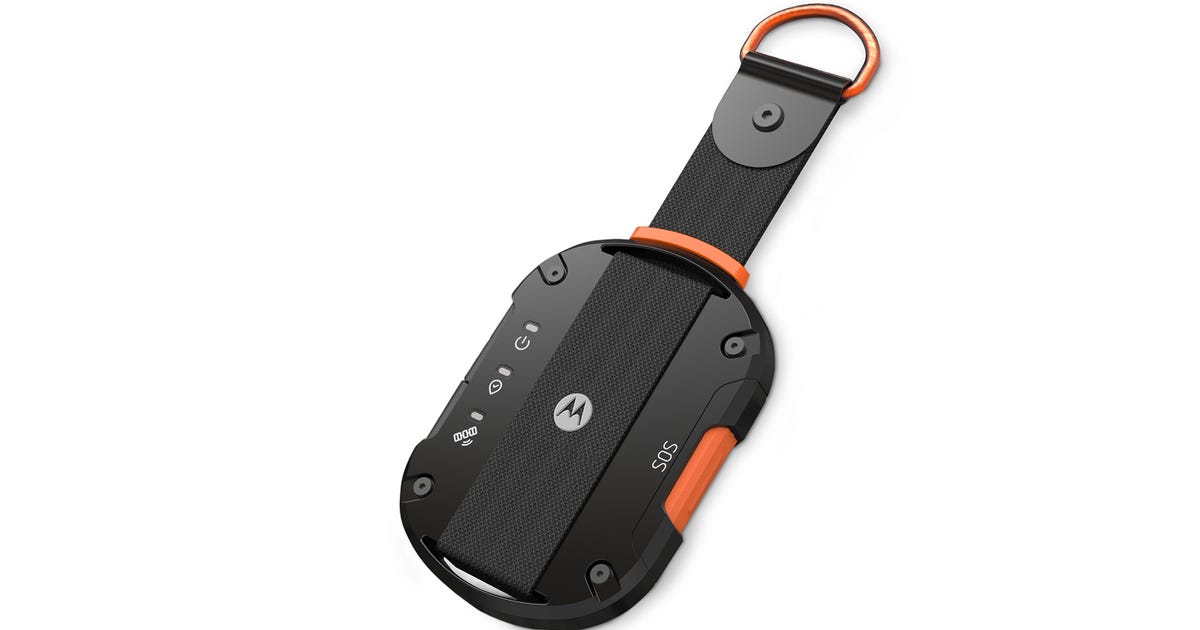
Satellite texting seems like the next must-have feature for phones, although one reserved for premium phones. But, Bullitt’s new $150 Motorola Defy Satellite Link, which debuted at MWC 2023, can connect any handset to satellites thanks to a new MediaTek chip that links just about any phone, tablet or other device to satellite connectivity.
Apple was the first to debut satellite connectivity with its iPhone 14 series, and its Emergency SOS feature allows users to text emergency services when outside the range of a mobile network. Qualcomm followed by introducing its Snapdragon Satellite service, set to go live in the second half of 2023. Both are proprietary services, but MediaTek’s new chip just links devices to satellites, leaving it up to OEMs to decide how they want to implement service — like Bullitt, which has its own subscription plan to relay texts through existing satellite constellations.
The MediaTek 6825 is a stand-alone chip smaller than a fingernail and adds less than $10 to the cost of a phone or device to connect it to a satellite network.
“Our solution can basically be added to any form of 5G or 4G phone, from entry level all the way to flagship,” said Finbarr Moynihan, vice president of corporate marketing at MediaTek. And it doesn’t even need to be used with a device powered by a MediaTek system on a chip, he said. “Conceptually, it could work with any chipset.”
Unlike Apple or Qualcomm’s satellite solutions, which connect to constellations from Globalstar and Iridium that rapidly revolve around the planet in low-Earth orbit, MediaTek’s chip instead connects to more distant satellites in geostationary orbit. Though it takes text messages longer to relay through geostationary satellites, users won’t have to point their phones to the sky to connect.
MediaTek’s 6825 is designed with the 3GPP Release 17 mobile broadband standard, so it will work with satellite constellations that support that standard.
The Release 17 standard paves the way for low-bitrate connections between devices on the ground and satellite networks already in space, essentially enabling phones to send texts and short bursts of data through satellites. The MT 6825 is MediaTek’s solution for this phase of satellite connectivity, and the company says it won’t release another version of the chip until the next standard comes out. Release 18, which isn’t due for several years, will pave the way for voice and video to relay through satellites.
Even after Release 18 arrives and future MediaTek 5G phone modems include satellite connectivity in their silicon, the company will still release successors to the MT 6825. Since it was only last year that more 5G phones were shipped than 4G phones, MediaTek believes that there will still be a need for cheaper devices with less advanced modems to take advantage of the company’s standalone satellite-connecting chips — and there may be more products to come like Bullitt’s Motorola Defy Satellite Link that don’t connect to mobile networks at all, but still want satellite connectivity.
